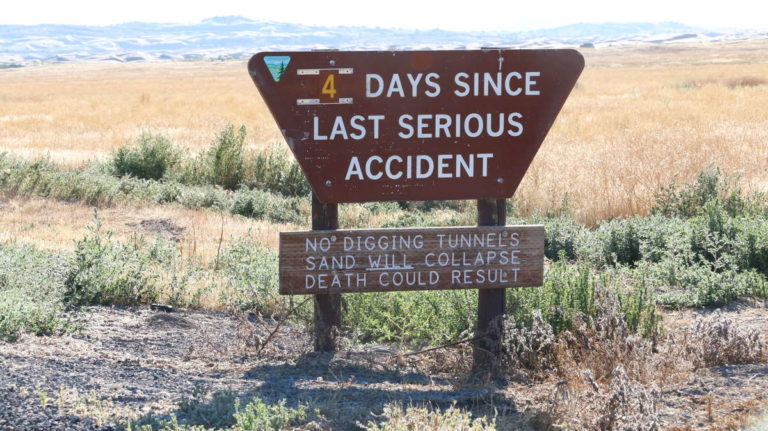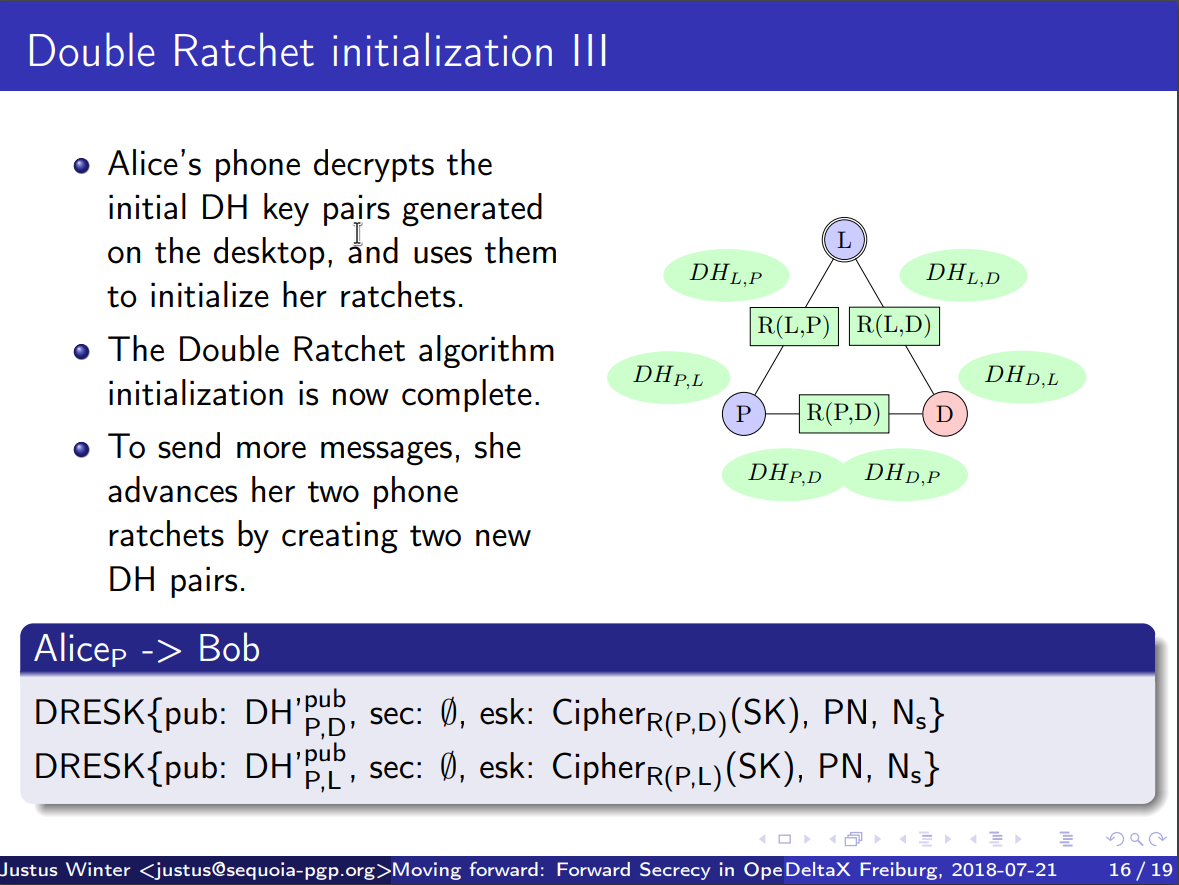„Wir haben sagenhaftes Glück gehabt“ Fast ein Jahr lang hielten – DER SPIEGEL 50/1988
Das waghalsige Manöver der Reaktormannschaft in Biblis, eine der schwersten Störungen in der Geschichte der bundesdeutschen Kernkraftwerke, offenbart aufs neue, wie nahe am Abgrund einer großen nuklearen Katastrophe auch die bundesdeutschen Atomzentralen operieren.
(…)
So kam die Bedienungsmannschaft in Biblis mit dem Schrecken davon – aber mit einem Schlag geriet dabei auch die gesamte Sicherheitsphilosophie der Kerntechnik durcheinander. Denn ausgerechnet diese Art von Zwischenfall war von Konstrukteuren, Betreibern und ihren wissenschaftlichen Helfern stets als extrem unwahrscheinlich bezeichnet und folglich dem hinnehmbaren Restrisiko zugeschrieben worden.
(…)
Daß der Vorfall dennoch ans Licht kam, verdanken die Bundesdeutschen nur den Recherchen einiger Mitarbeiter des amerikanischen Fachblattes “Nucleonics Week”. Nüchtern, aber präzise enthüllten sie, daß die Reaktorfahrer von Biblis genau jene Art von Leck riskiert hatten, von der es in der schon 1975 erstellten großen Reaktorsicherheitsstudie der US-Atombehörde NRC (Nuclear Regulatory Commission) hieß, daß das betroffene System “wegen des Überdrucks versagen” könnte, “was die Kernschmelze und den Austritt von Radioaktivität außerhalb des Containments auslösen würde”. Zugleich berichtete das Blatt von der Verwunderung der NRC-Experten über den laschen Umgang der deutschen Behörden mit dem Vorfall. “Wenn es in einem US-Kraftwerk passiert wäre”, so ein NRC-Kontrolleur, “hätten wir ohne Zweifel innerhalb von Stunden ein Inspektionsteam vor Ort gehabt.” Die Anlage wäre sicher “für eine lange Zeit abgeschaltet geblieben”.
(…)
Nahtlos, geradeso, als habe es die Katastrophe von Tschernobyl und den Hanauer Atomskandal niemals gegeben, setzten so die Herren des Atomstroms und ihre Kontrolleure in den Ministerien die Tradition der “systembedingten Verschleierung” (“Süddeutsche Zeitung”) fort, wie sie der bundesdeutschen Atomwirtschaft seit je eigen ist.
(…)
Und stets war der Betreiber RWE bemüht, nicht allzuviel davon an die Öffentlichkeit gelangen zu lassen. Kritiker sprechen von “planvoller Informationsverweigerung”.
(…)
Daß ebendiese unvermeidbare Einstellung des Personals in Atomanlagen alle Sicherheitsphilosophien im Kern haltlos macht, quälte auch den führenden sowjetischen Fachmann für Reaktorsicherheit, Valerij Legassow.
“Es wuchs”, schrieb er in seinen Memoiren, “eine Generation von Ingenieuren heran, die ihre Arbeit fachmännisch beherrschten, die sich aber gegenüber den Apparaten und den Sicherheitssystemen unkritisch verhielten.”
Deshalb, so gestand Legassow nach der Tschernobyl-Katastrophe, “quälte mich der Wurm des Zweifels, weil mir aus meiner Sicht des Fachmannes schien, daß etwas Neues unternommen werden muß, daß man beiseite treten muß und die Dinge anders machen”.
Daß ihm das nicht rechtzeitig gelang, hat er wohl nicht verwinden können. Legassow, so teilte die “Prawda” im April dieses Jahres lapidar mit, sei “aus dem Leben gegangen”. Er hatte sich erhängt.
Legassow, da war doch erst kürzlich was:
 Reality update:
Reality update: 